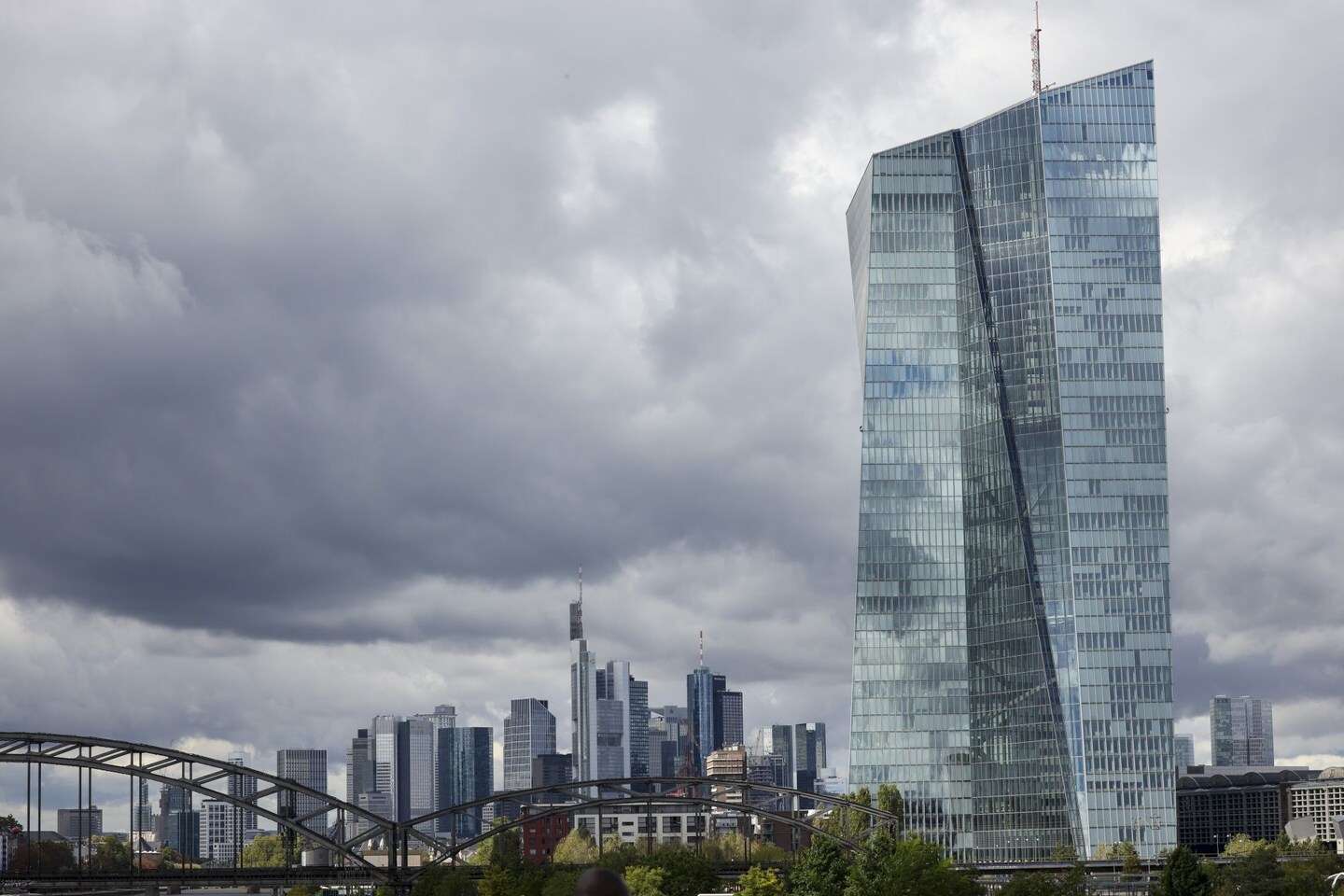PARIS — The European Central Bank announced another major interest rate hike on Thursday, seeking to crack down on surging inflation despite vocal political opposition from some of the eurozone’s biggest economies and their concerns about the impact on growth.
ECB announces new jumbo rate hike despite European opposition

Inflation in the euro area rose in September to 9.9 percent, up from 9.1 percent in August, well above the ECB’s 2 percent annual price stability target. “Inflation remains far too high,” the ECB said in a news release Thursday.
Europe’s central bankers fear that if they don’t act, expectations of higher inflation will become embedded into consumer and business planning and become a self-fulfilling prophecy. So the ECB has been raising rates to slow the economy even as the euro area appears headed for a recession and as business activity has slowed down faster than expected in recent weeks.
Even after Thursday’s move, a future hike in rates is likely, the ECB said.
The ECB’s deposit rate was negative as recently as July, before the bank implemented its first rate hike in 11 years. Last month, in its largest-ever hike, it raised rates by three-quarters of a percentage point.
Thursday’s hike, which is as high as last month’s and brings the main deposit rate to 1.5 percent, makes the last few months the “sharpest and most aggressive hiking cycle ever,” according to Carsten Brzeski, chief economist at the ING Germany bank.
But the inflation the ECB is seeking to address is affecting countries across Europe to varying degrees. In tiny Estonia, it hovers near 24 percent, while in France, prices are rising at an annual rate of only about 6 percent.
France has spent heavily over the past months to cap energy price increases and limit inflation, and President Emmanuel Macron has been among the most vocal critics of a rate hike. In an interview published last week, he said he was “worried to see many experts and certain players in European monetary policy explaining to us that European demand should be broken to better contain inflation.”
“Unlike the United States, we are not in a situation of European overheating,” Macron told the Les Echos business newspaper.
Italy’s new prime minister, Giorgia Meloni, who is also eyeing increased government spending to tackle the energy crisis, said an interest rate hike would be a “rash choice.”
In her news conference Thursday, Lagarde declined to comment directly on Meloni’s criticism, but she defended the ECB’s hike, saying that “our mandate is price stability, and we have to deliver on that using all the tools we have.”
Behind the scenes, however, the disagreements may have had an impact. “Despite the jumbo hike, communication turned more cautious,” Marco Valli, global head of research at UniCredit, wrote in a note after Lagarde’s news conference. Valli cited the ECB’s analysis that it had already made “substantial progress,” which may suggest that future rate hikes could be lower than some had feared. “This seems to reflect rising concerns in regard to the growth outlook, which has been darkening more and faster than the ECB had expected,” Valli wrote.
Looming over the disputes between E.U. leaders and the ECB is at least in part the financial market revolt that was prompted by the economic policy proposals last month of then-British Prime Minister Liz Truss. She had planned to use borrowed money to pay for tax cuts while spending heavily to insulate consumers from soaring energy bills. But in response, the British pound fell to an all-time low against the U.S. dollar.
In anticipation of the ECB rate hike, the European STOXX 600 index fell when shares opened on Thursday. The losses were limited, however, which analysts attributed to markets having already factored in a substantial rate hike.
The latest ECB action is part of the broadest campaign of rate hikes by central banks since the late 1990s, according to Citibank. The easing of pandemic-era restrictions on business activity — coupled with higher food and fuel prices resulting from the war in Ukraine — have pushed up prices in the United States, Canada, the United Kingdom, Europe and dozens of developing countries.
The ECB’s main deposit rate could peak early next year at 3 percent, up from 1.5 percent now, wrote Jack Allen-Reynolds, senior Europe economist at Capital Economics in London, in a client note on Wednesday. Other analysts expect the rate to peak somewhat lower, around 2.25 percent.
The ECB this year has trailed the Federal Reserve, which has lifted its benchmark lending rate by three percentage points since March and is expected to announce an additional jumbo increase at its Nov. 1-2 meeting.
Lynch reported from Washington.






